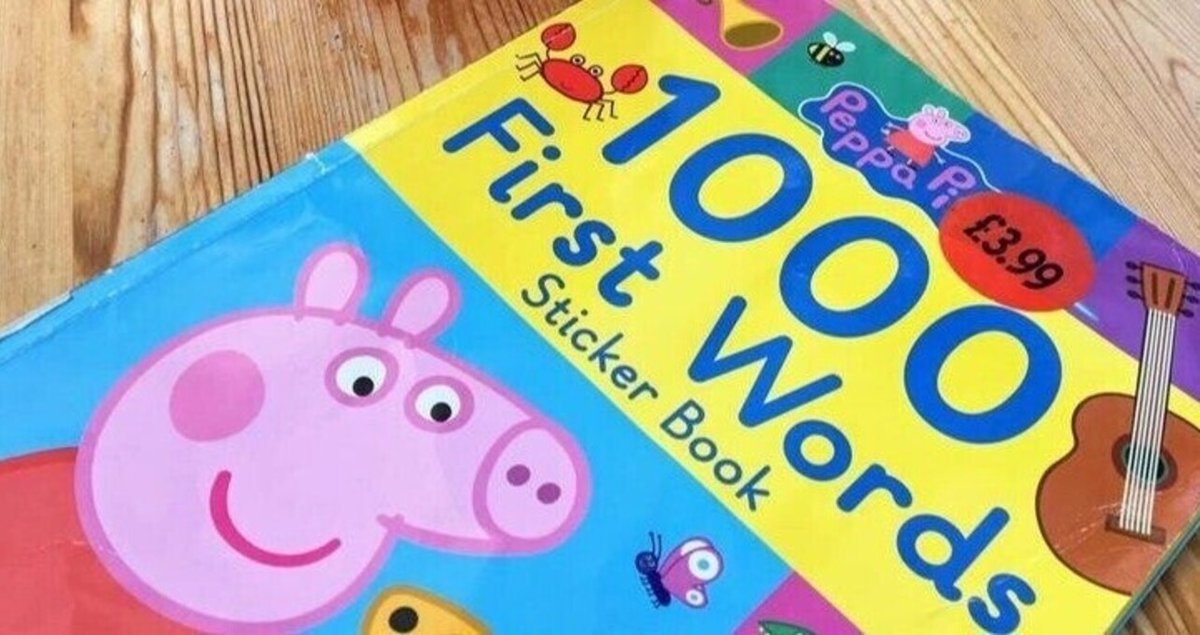
英文書けるけど、そこまで自信がないある研究者のDeepLの使い方
DeepLの英語<->日本語翻訳がなかなか良さげであることは周知の事実となってきた。もう言いたいことを英語で伝えるだけなら、DeepLにぶち込んだ方が、僕が自分で考えて話すよりも圧倒的に早い。
ただ、やはりそうはいってもこの便利ツールに頼ってしまっては、英語力が一切あがらないだろうから、自分は極力、英語で最初から考えて英文を書くようにしている。
例えばこんな感じ、
When I write what I'd like to say in English, I start to write texts in English at first. Then I put this text into the textbox of DeepL and check the translated text in Japanese, so that I can confirm if my English is understandable or not.
この日本語訳は今回のDeepLでは以下であった。
自分が言いたいことを英語で書くとき、最初は英語で文章を書き始めます。そして、その文章をDeepL のテキストボックスに入れて、翻訳された文章を日本語で確認し、自分の英語が理解できるかどうかを確認します。
まあまあおっけいだな。でも、"最初は"部分が若干変なので"最初から"になるように、from the beginning とか使ったほうがいいのかなと。
多分こんな感じで皆様もDeepLを利用していると思う。ただこのあと、もうひと手間、自分の英語力向上のために一手間付け加えている。
それは、一回ドイツ語に翻訳するのだ。そして英語に戻す。
そうするとこうなる。
When I write what I want to say in English, I start writing the text in English from the beginning. Then I type this text into the text box of DeepL and check the translated text in Japanese so that I can check whether my English is understandable or not.
ほぼ変わんないけど、不定詞が動名詞になったり、texts -> text になったり put -> type になったりしていてなんとなく細かい所がブラッシュアップされてる気がする。ネイティブじゃないので、このニュアンスの違いは実際のところはよくわからないが、少なくとも文法の間違いは解消されると思う。最終的には2つの英文を見比べ、いいとこ取りする。
もう一回やってみよう。
The reason why I think this English-German translation is effective is because the grammers of both languages are very similar, rather the almost same. The other day, I had one experience. I had to write a German text, so I typed English text into the DeepL. Then I got the German text and checked what was written. At that time, I corrected the translated german text, because I didn't like this translation. After that I brought this text to my german collegue, and in the end, he only modified the part which I modifed before.
この英独翻訳が有効だと思うのは、両言語のグラマーが非常に似ている、というよりほとんど同じだからです。先日、一つの経験をしました。ドイツ語の文章を書かなければならなかったので、 DeepL に英語の文章を入力しました。その後、ドイツ語の文章を手にして、書かれている内容を確認しました。その時、翻訳されたドイツ語の文章が気に入らなかったので、修正しました。その後、この文章をドイツ人の同僚に持って行ったところ、結局、私が前に修正した部分だけを修正してくれました。
で作成した英語をドイツ語にして英語に再翻訳。
The reason I believe this English-German translation is effective is that the grammars of both languages are very similar, almost the same. I had an experience the other day. I had to write a German text, so I typed the English text into DeepL. Then I got the German text and checked what was written. At that time I corrected the translated German text because I didn't like the translation. After that I submitted the text to my German colleague and in the end he changed only the part I had changed before.
さてどうだろうか。細かいところが修正されている気がする。過去完了形になっていたり。almost the same の語順になっていたりと、簡単に自分の英文を校正することができるのだ。
ちなみに、この話を日本の研究者に伝えてみたら、すごい役立っているとの返事頂いたので、今回記事にしてみた。皆様も一度やってみてほしい。
というか、この程度の英語力でも海外での研究者になれるのかと思った人もきっといるだろう。そうである、こんな程度の英作文能力でもやっていけるのである。そのへんの話は次回以降にできれば。
言いたいことはここまでであるが、余談までに。
今回の話の筋とはずれてくるが、日本語から英語への翻訳も同時並行でやると効果的である場合も多い。
The reason I think this English-German translation is useful is that the grammars of both languages are very similar, or rather almost identical. I had one experience the other day. I had to write a sentence in German, so I typed the English sentence into DeepL. Then I picked up the German text and checked what it said. At that time, I did not like the translated German text, so I corrected it. I then took the text to my German colleague, who ended up correcting only the parts that I had corrected before.
上記のようにかなり使われる単語が変わってくる。identical とかend upとか今の僕では簡単に出てこない。このようにそもそもの最初の英語の構造自体をブラッシュアップしたい場合は、日本語->英語翻訳も併せてしたほうがいい場合が多い。
余談の余談。
既に気づいている人も多いと思うが、今回作成した英文はそもそも論理が飛躍している。ドイツ語と英語では文法構造が似ているため、機会翻訳における翻訳ミスが低い。そのため文章の構造自体はそのままで、その言い回しだけを修正することできる。だから、自身の書いた英文の細かい所がブラッシュアップされるようになる。このように日本語で考えればまだましな展開になるのだが、英語で考え始めるとかなり情報が抜け落ちてしまう。英語->日本語翻訳もかなり有効である。
これからもDeepL先生にはお世話になりそうだ。
この記事が参加している募集
この記事が気に入ったらサポートをしてみませんか?
